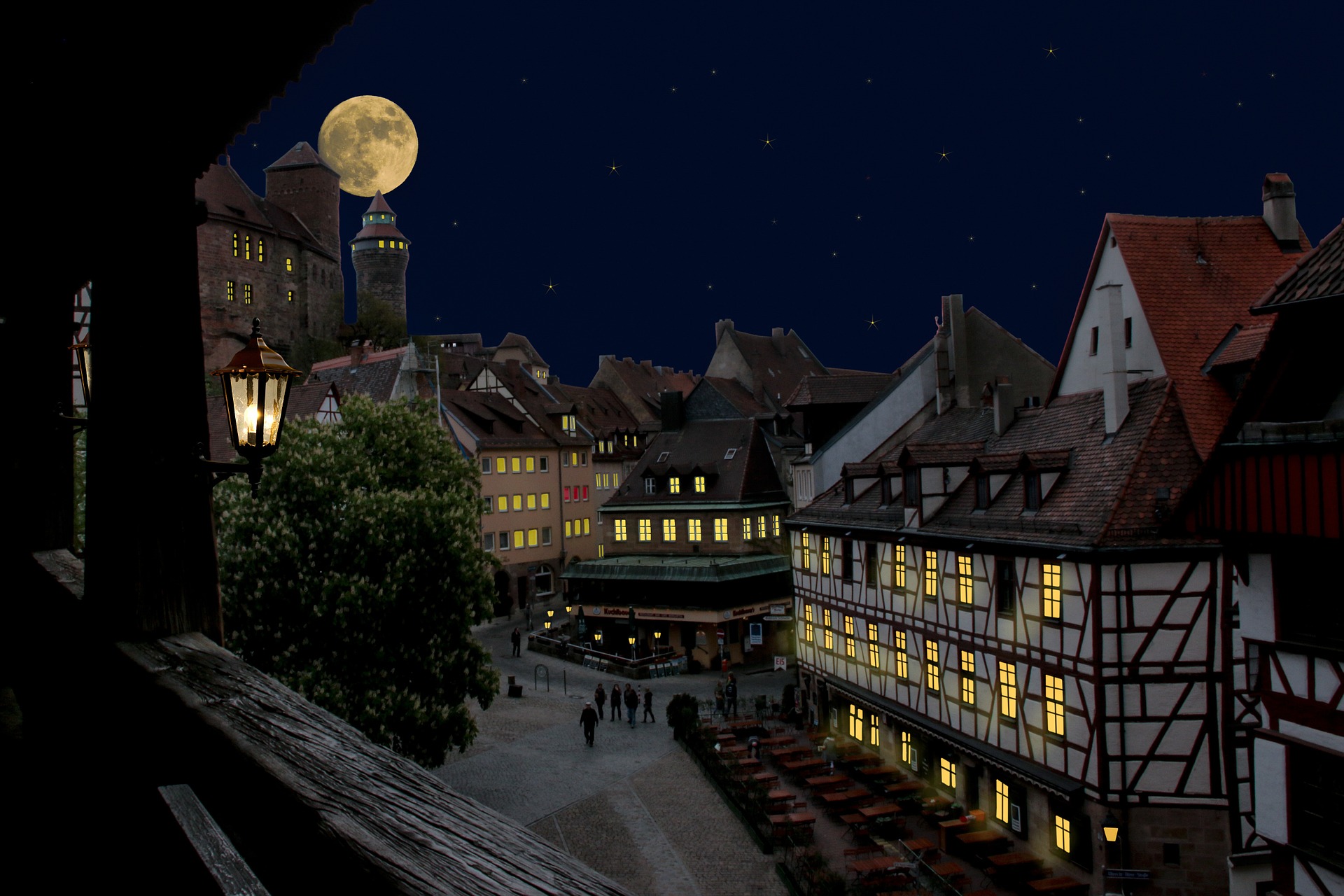This website uses cookies to improve your experience. We'll assume you're ok with this, but you can opt-out if you wish. Cookie settingsACCEPT Privacy & Cookies Policy
To change your privacy setting, e.g. granting or withdrawing consent, click here: Settings 
